The human body is often compared to a machine; humans depend on their bodies to perform certain tasks similar to the machines they use to make life easier. The more a person takes care of their body, the better they perform. Like machines, the human body requires maintenance, especially for people who use their body frequently. Fire fighters know that their profession is both mentally and physically challenging, it takes a toll on their body and their mind.
Fire fighters are usually good about maintaining their physical health — they eat healthy meals and exercise to remain strong — but the piece of their machine that they often forget to check is their mental wellness. It’s critical that fire fighters practice self-care before they even think of attempting to care for others.
People often link self-care to hygiene. While it’s important to bathe, brush your teeth and wear deodorant, self-care is less about appearance and more about addressing mental health. Fire fighters should be taking note of their stress levels and taking action to reduce their stress. Fire fighters spend their career trying to take care of others but they often neglect taking care of themselves. Whether it’s exercise, fishing, hiking or meditating, fire fighters need to have an outlet to release their stress so it doesn’t build up and develop into something more serious.

Fire fighters also need to remember to take time for themselves. Working in the fire service, fire fighters have a natural desire to want to help and please others but when a person focuses so much on other people’s contentment and not their own they could become quite overwhelmed. Fire fighters should realize that taking time for themselves and participating in activities that they love doing can have a positive impact on their mental health. By practicing self-care, fire fighters can learn how to better handle the daily stresses they encounter in addition to the traumas they experience while on the job.
Just like routine maintenance on a machine is preventative, learning how to control stress before it becomes an issue is critical to your overall health. Preventative measures like checking tire pressure on a car or checking oil levels avoid a potentially bigger problem. Stress and anxiety aren’t necessarily preventable, but when a fire fighter learns how to properly manage stress they can possibly prevent developing a disorder over time.
Though cardiac arrest is still the leading cause of line-of-duty deaths for fire fire fighters, the suicide rate for fire fighters is coming close to the approximate 47 percent of fire fighters that die each year in the line of duty. Unfortunately, the emphasis on physical health vastly outweighs the attention given to mental health, which allows some fire fighter’s stress levels to go unchecked. Just like fires, a fire fighter’s stress level can get out of control unless it is carefully managed.
Besides doing something you enjoy to release stress, other healthy ways to practice self-care include:
- Unplugging: It can be done daily, once a week, a few times a month — the duration isn’t as important as the action. Whenever a fire fighter gets some down time, away from the job, they should take that time for themselves and turn off any unnecessary communication devices.
- Writing: This doesn’t have to be anything formal or even in a journal. Fire fighters can write down what they’re feeling and throw it away if they want to. Many people who work in high-stress environments find that there’s something to writing down feelings that immediately lifts the weight off their shoulders.
- Escaping: Whether it’s reading, watching television, playing video games or even watching viral cat videos you’ve seen a million times –– it’s nice to escape from reality for a little while and relax.
- Splurging: Fire fighters can treat themselves to a small item, it doesn’t even have to be expensive. It can a milkshake, chocolate bar or a new t-shirt – anything that makes them happy.
- Laughing: It sounds cliche, but laughter is truly the best medicine. Fire fighters can find funny jokes online, watch their favorite comedian perform stand-up, binge a new sitcom television show or put on a funny movie. Laughing makes a person feel good and it’s a reminder that life doesn’t have to be so serious all of the time.
Self-care and a fire fighter’s mental health are important maintenance aspects that should never remain unchecked. In order to help other people and be at optimal physical health, a fire fighter’s mental health must also be maintained. It’s not selfish for fire fighters to make sure they’re firing on all cylinders so that they’re fully prepared to perform their tasks.
Self-care is a great preventative measure but it’s not always a definitive answer. If you or someone you know struggles with feelings of anxiety, or if you recognize signs of post-traumatic stress disorder or substance misuse, it’s not too late to get help. If you’re not sure where to turn, call The IAFF Center of Excellence today for a no-obligation, free and confidential screening. The IAFF Center of Excellence is a comprehensive treatment center designed exclusively for IAFF members struggling with addiction, PTSD and other mental health concerns.
